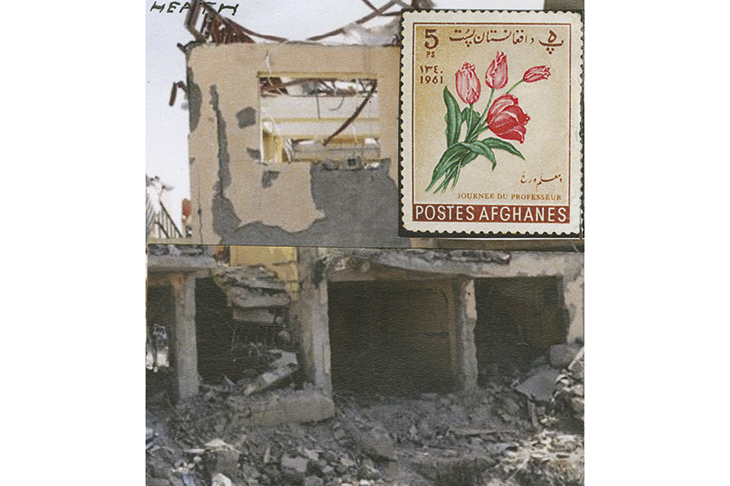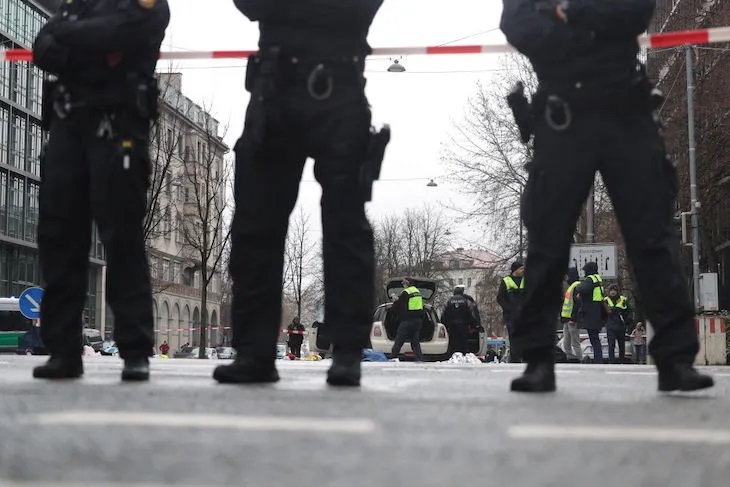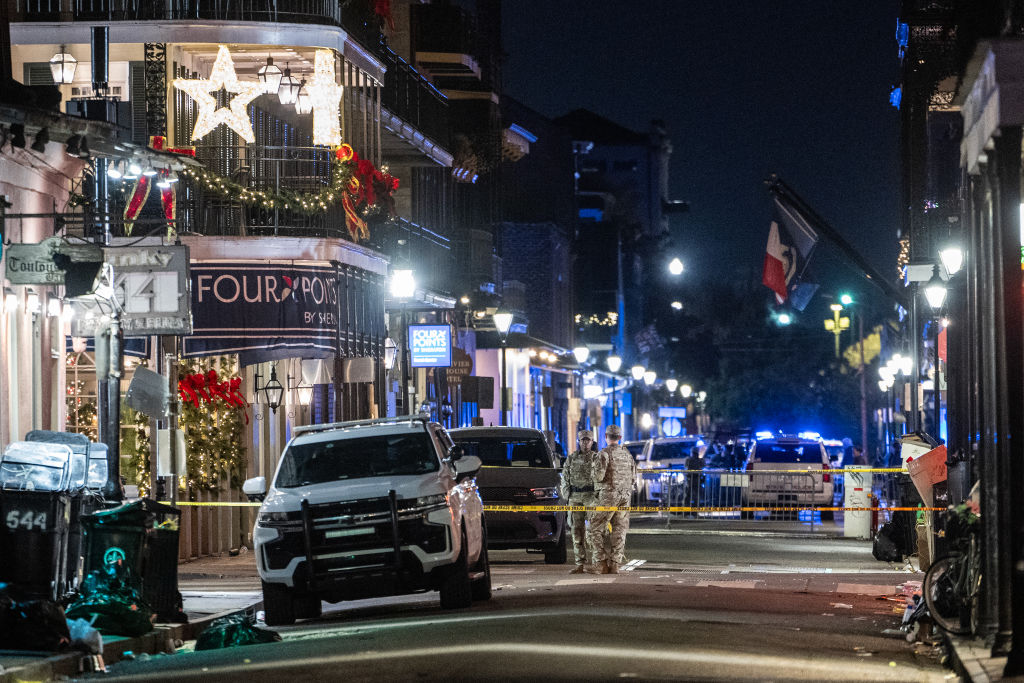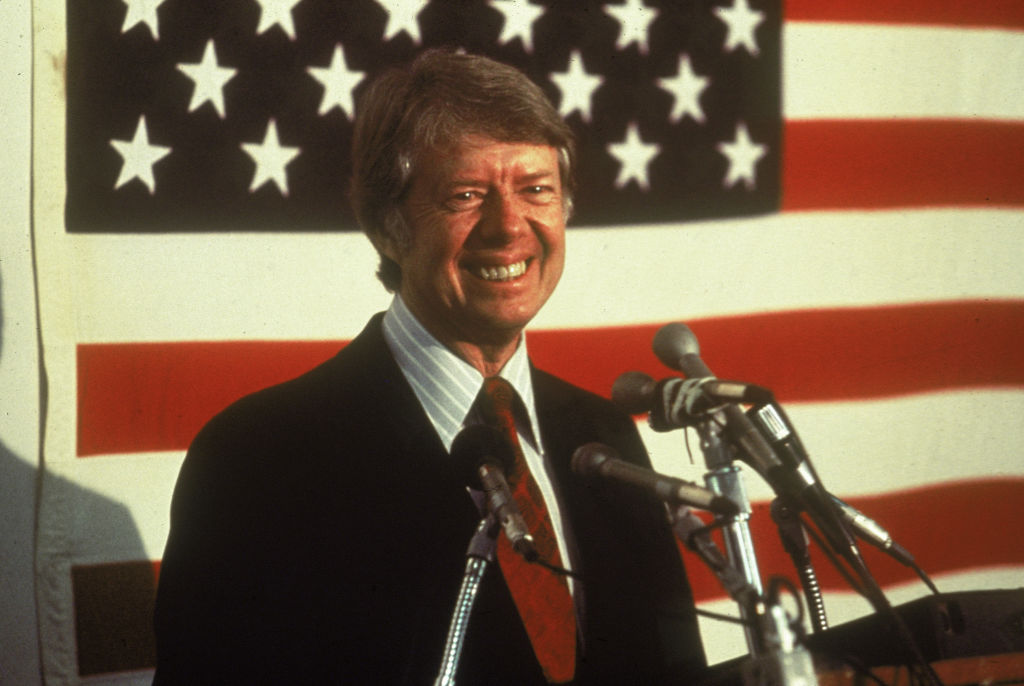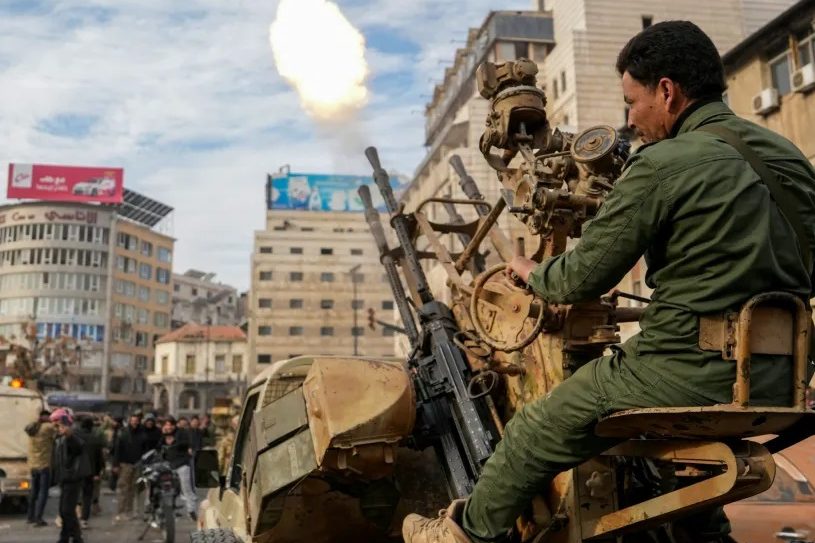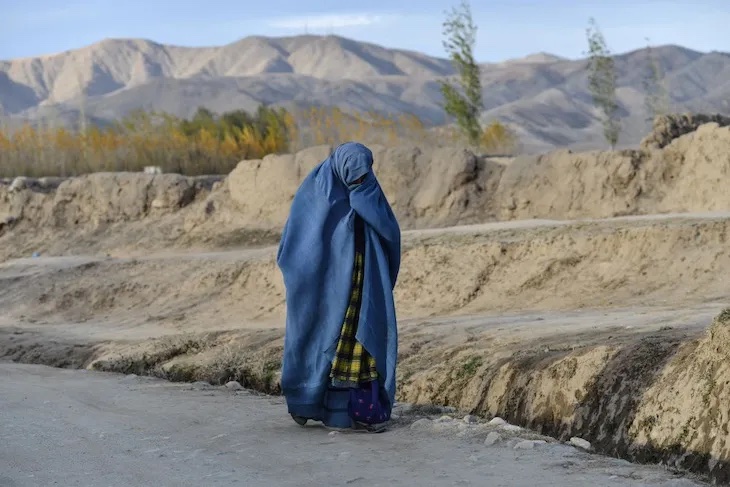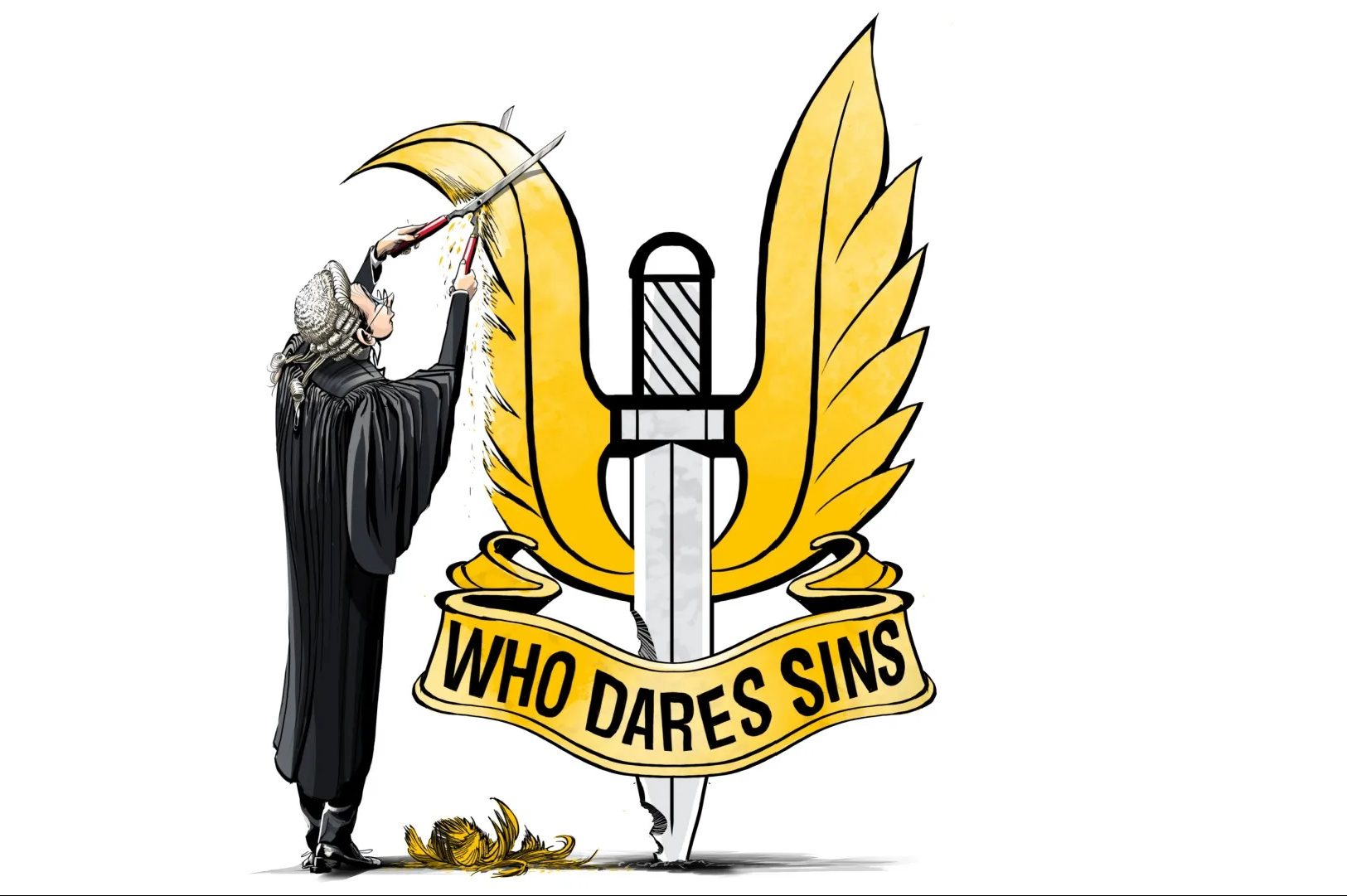‘Incoming! Incoming! Incoming!’ As morning alarms go, this one leaves a lot to be desired. Normally I wake up to the long, trippy build-up of ‘Shine On You Crazy Diamond’, which I used to love in the searing heat of Mogadishu. But this is Kabul and the occasional grating siren is part and parcel of life in the Green Zone. It turns out to be a false alarm, but not before I have thrown myself to the floor in my duvet and buggered my back. Talking of bed linen, Al-Shabaab suicide bombers once attacked the Somali capital’s presidential compound where I lived. They missed the president but killed my best friend Mohamud, the prime minister’s chief of staff. Seven corpses of brainwashed young men were piled up outside my bedroom. My John Lewis mattress topper was completely ruined.
It’s a sign of the strange times we inhabit that, 18 years after the US-led invasion of Afghanistan, the American president and the Taliban find they both want the same thing: Americans out. The mood music is all set: peace talks ongoing in Doha, the Taliban worn out by endless fighting and an isolationist president in Washington. Oh, and last week Afghanistan celebrated its 100th anniversary of independence. Don’t be surprised if peace breaks out any time soon, though opinion is sharply divided on what any deal will really mean. ‘The Taliban are very hierarchical. They’ll follow whatever the leadership decides,’ says my friend Arif. His colleague Jamshid shakes his head. ‘The diehards will never accept it. They’ll keep fighting.’ Afghans do love a fight. ‘These are a powerful and violent people and the greater part of them highway robbers,’ wrote Ibn Battuta, the great Moroccan traveller, on arriving in Kabul — in 1332.
Afghans will soon be celebrating the centenary of Amanullah Khan, the Afghan king whose elegant portrait is spray-painted on Kabul’s blast walls (another popular one is the optimistic ‘Kabul the Peace City’). But my favorite ruler of this mountain kingdom is Babur, a hashish-smoking, wine-drinking, sword-toting, poetry-penning warrior who loved gardening, founded the Mughal Empire and wrote the Baburnama, one of literature’s greatest memoirs. The advice he gave his son in a letter of November 27, 1528 could have come straight from a Spectator style guide: ‘In future write without elaboration. Use plain, clear words. It will be less trouble for you and the reader.’
Congratulations to my new Afghan heroine, the twentysomething Zahra Elham, who defied death threats to become the first woman to win Afghanistan’s version of Pop Idol. One in the eye for Taliban conservatives and religious scholars such as Abdul Basit Khalili who reckons Afghan Star ‘seduces the youth and pushes the country into a deeper crisis’.
Kabul is one of the 15 cities whose spellbinding histories I tell in my new book, Islamic Empires. The others are Mecca, Damascus, Baghdad, Cordoba, Jerusalem, Cairo, Fez, Samarkand, Constantinople, Isfahan, Tripoli, Beirut, Dubai and Doha. One of the starkest lessons is this. The Islamic world was at its strongest when it boasted rich, cosmopolitan cities of Jews, Christians and Muslims co-existing more or less happily. Kill or kick out the Jews and Christians and it all starts to go wrong very rapidly indeed. A cheeky friend asked me if the dedication ‘To J — I could not have done this without you’ referred to me, or my wife Julia. It’s a scurrilous suggestion, of course, but I have to admit it was tempting. I mean, come on, who’s done all the work for the past five years?
Someone should write a book about the utterly dispiriting architecture of the Global War on Terror. While much of Kabul is in fine shape these days, long recovered from the Soviet occupation and the ruinous intra-mujahidin fighting that followed in the 1990s, swaths of the Green Zone are an urban dystopia: concrete blast walls, razor wire, speed bumps, security cameras, armed guards and more checkpoints than you can throw a bag of opium at. The sky narrows as the blast walls grow taller. At least the weather is heavenly. Babur was enchanted by Kabul’s climate: ‘If the world has another so pleasant, it is not known. Even in the heats, one cannot sleep at night without a fur coat.’
Shouldn’t life be full of adventures? Many of my fellow Land Rover owners in Norfolk have windscreen stickers which proclaim: ‘One Life. Live It.’ There are worse maxims to follow. I’m planning a horse-riding expedition in Afghanistan’s north-easternmost province of Badakhshan with my New Best Friend, Aurangzeb, named after the sixth Mughal emperor. The Wakhan Corridor is an improbably shaped sliver of land that separates Tajikistan from Pakistan, runs 220 miles long and tapers to just eight miles wide at its narrowest. For some reason my wife is unconvinced by the obvious glories of a remote, Taliban-free itinerary among hospitable Afghans, wide, wind-scoured valleys, snow-sprinkled mountains and foaming rivers. Usually she comes round, but this one is a tough sell.
This article is in The Spectator’s October 2019 US edition.



